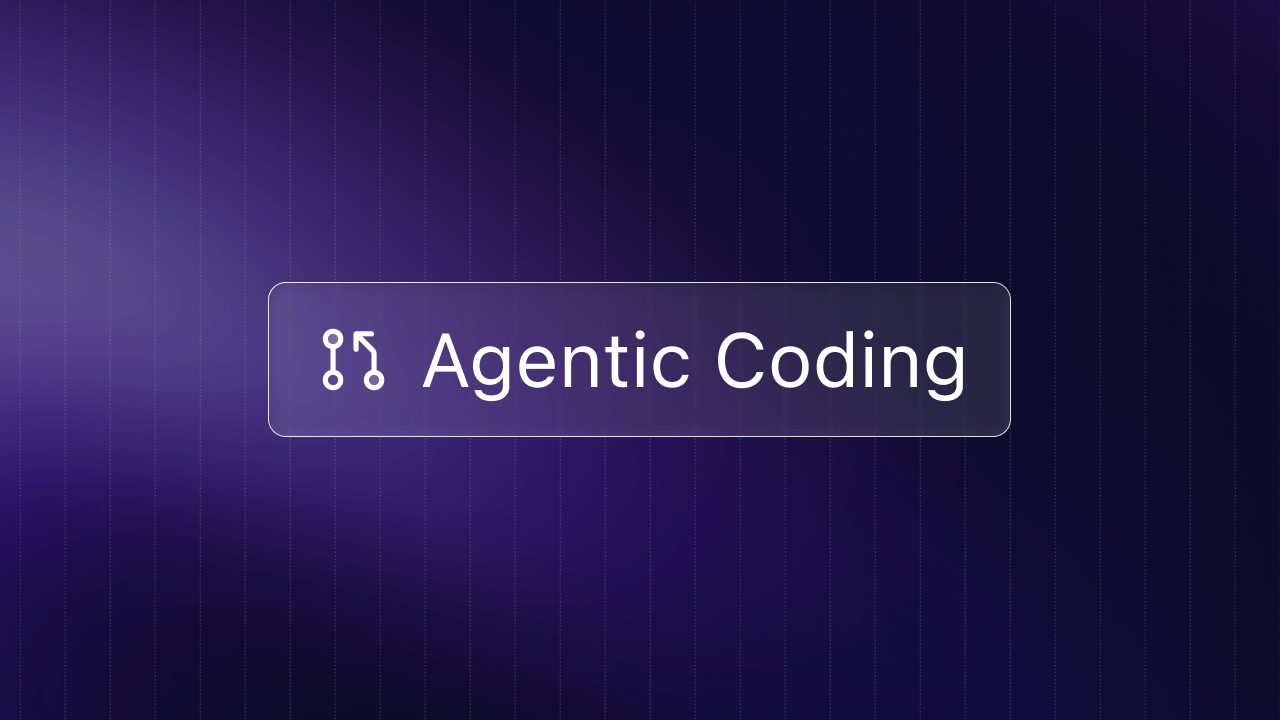We recently launched our Future of Work Report to understand how the developer experience has changed over the last three years. We analyzed data from our community of more than 400K developers globally to better understand how the development community has adjusted to remote work, the impact on productivity, and what the future holds for engineering teams in a hybrid world.
You can read the full report here, but the data indicates three key trends:
- The developer experience has improved over the past three years. Developers have taken advantage of the flexibility that remote and hybrid work affords, and reclaimed time that would otherwise be spent commuting. Developers are coding less in the evenings and on weekends, and burnout levels have declined.
- Productivity is unchanged. Contrary to many preconceptions, multiple data points indicate that developers are no less productive when working remotely than when in an office. While developers are spending marginally less time coding per day, this change has been offset by a small improvement in efficiency.
- The effects of AI and automation are increasing. Our data shows that AI and other code completion tools are being used to automate away repetitive tasks and write code faster than ever before.
What do these findings mean for leaders making decisions about the future of remote work at their companies?
Solving the Productivity Paradox
Many business leaders still believe that visibility equates to productivity: a study by Microsoft showed that only 12% of leaders said they had full confidence that their teams were productive when not in the office.
Most software engineers, however, believe they are more productive working remotely. According to our research, 65% of developers said they were more productive working remotely, compared with 55% in 2021.
On a global scale, our research shows that there has not been a large, quantifiable impact supporting either side of the productivity paradox — that remote work has both improved and impaired productivity, depending on whether you ask employees or their bosses.

How can teams bridge the gap and solve the productivity paradox?
Building a successful remote development team
While global trends are not indicative of every company, most companies have only scratched the surface of understanding the long-term impact of remote work.
Before driving employees back to the office, which may actually have the opposite of the desired effect, companies should first set up a development observability tool to help them understand the impacts of remote work — as well as which tools, processes, and workflows make teams the most productive. Observability tools like Software.com can answer important productivity questions for leadership, while maintaining the developer experience benefits of remote work, and build mutual trust.

Here are three ways that adopting a development observability tool can support leaders deciding about the future of work at their companies, and help build a high-performing team:
- Measure the impact of remote work over the last three years. Developers as a whole have figured out how to stay productive in the hybrid era. With an observability tool, teams can address concerns from leaders that remote work has negatively impacted productivity.
- Experiment with different work models. Instead of applying a one-size-fits-all model, leaders should enable teams to see where they are most productive — while simultaneously weighing the qualitative impacts of work environments on the developer experience, including work-life balance, satisfaction, and retention.
- Understand the impact of new tools on productivity. We’ve entered a new era for developer productivity with many unknowns. The accelerating adoption of AI-enabled developer tools means teams should start tracking now to measure the impact on developer productivity in 3, 6, or even 12 months. With better data, leaders can gain confidence faster to make broader changes across the organization.
Every team stands to gain by improving visibility into their own data. Do you have the data to prove that your team or company has become more productive during the pandemic?





